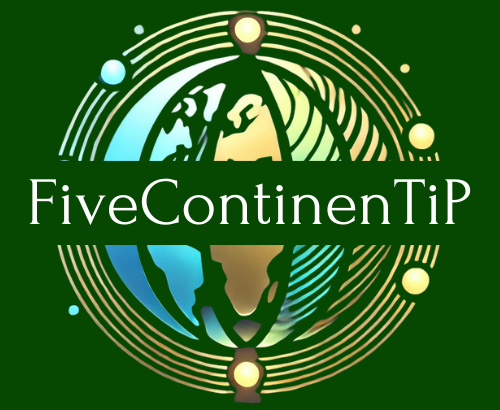At Five Continent Tip, we are dedicated to providing top-notch patent protection services tailored to your needs. Our focus is on building long-term relationships, offering affordable, fixed-fee services, and ensuring your innovations are safeguarded globally. From consultation to post-grant support, we offer strategic guidance and clear communication every step of the way. Let us help you protect your ideas and empower your success worldwide.
